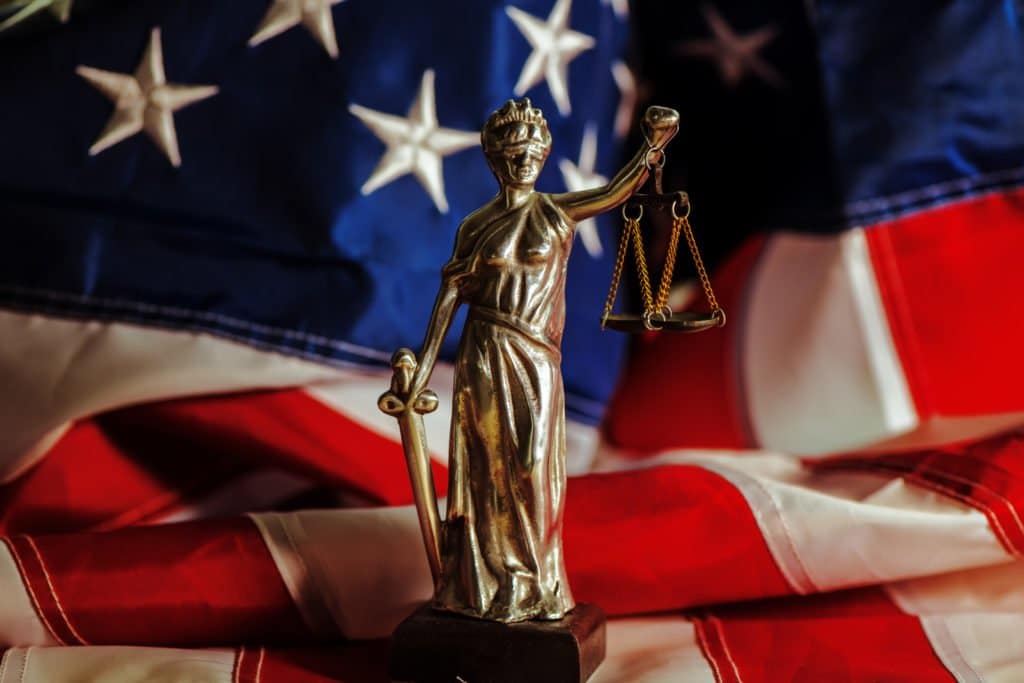On New Year’s Day in 2020, nine Sailors assigned to Joint Base Charleston, South Carolina were celebrating the new year at a local river bank. While there, Hospitalman Apprentice Helems drank six to eight beers. He then volunteered to drive all eight of his fellow Sailors in his pickup truck. He had five Sailors with him in the cab and three in the bed of the truck. He drove the truck on a dark dirt road at speeds above 80 MPH. The truck approached a curve and HA Helems attempted to brake and turn but the truck left the road and crashed into several trees. Two of his passengers were thrown from the truck. One was knocked unconscious while another suffered a severe brain injury.
Several of the Sailors, including HA Helems fled the scene in order to avoid an approaching military police vehicle. HA Helems returned to his barracks room and ate, showered and tried to sleep. Due to the remote location of the accident and the busy holiday evening, it took 45 minutes for an ambulance to reach the scene. Despite attempts to save his life by the responding military policemen, the Sailor with the brain injury did not survive.
At trial, HA Helems was charged with several offenses, including leaving the scene of an accident, reckless driving, and involuntary manslaughter. HA Helems’ defense team challenged the legality of the leaving the scene of an accident charge, arguing that the offense did not apply to single car accidents where the only injuries were to passengers of the accused’s vehicle. The Military Judge denied the defense motion to dismiss this charge and HA Helem was ultimately convicted of this offense along with the reckless driving and involuntary manslaughter offenses. He was sentenced to thirty months confinement and a bad conduct discharge.
On appeal, HA Helems again argued that the offense charged as a violation of Article 111, UCMJ, did not apply to the facts of his case and that the Military Judge had erred when he failed to dismiss the charge at trial. The Navy-Marine Corps Court of Criminal Appeals agreed. The elements of an Article 111 offense require the Government to prove: 1) the accused was the driver of a vehicle that was involved in an accident resulting in personal injury or property damage; and 2) the accused wrongfully left the scene of the accident without either: a) providing assistance to an injured person; or b) providing proper identification to others involved in the accident or to the proper authorities. Although this language does not seem to limit the offense to accidents involving damage to the property of others or injury to others, the President has limited the offense in the Explanation section of the offense in the Manual for Courts-Martial. This Explanation states that this offense applies when there is damage to property other than the accused’s vehicle or injury to someone other than the driver or passenger in the driver’s vehicle.
The appellate court found that, although this restrictive language was not found in the actual wording of the Congressionally created offense, it did indicate the President’s interpretation of the elements. This presidential intent is not binding on military courts, but unless it is contrary to the Constitution or a statute, the courts should adhere to this language in the Manual for Courts-Martial. When the presidential intent to limit an offense’s applicability is favorable to an accused and is not inconsistent with the statutory language, the courts should defer.
Since the Military Judge did not defer to the President’s explanation of the elements in denying the defense motion to dismiss, the appellate court found error and set the conviction aside. The court took a look at the sentence and found that the original sentence was still appropriate for the remaining offenses. HA Helems is no longer convicted of leaving the scene of an accident, but his sentence did not change.
If you or your loved one is facing a court-martial or wants to appeal a court-martial conviction, you need someone with experience who knows the law. I have the experience you need. Please call Bill Cassara at (706) 445-2943 for a free consultation.

